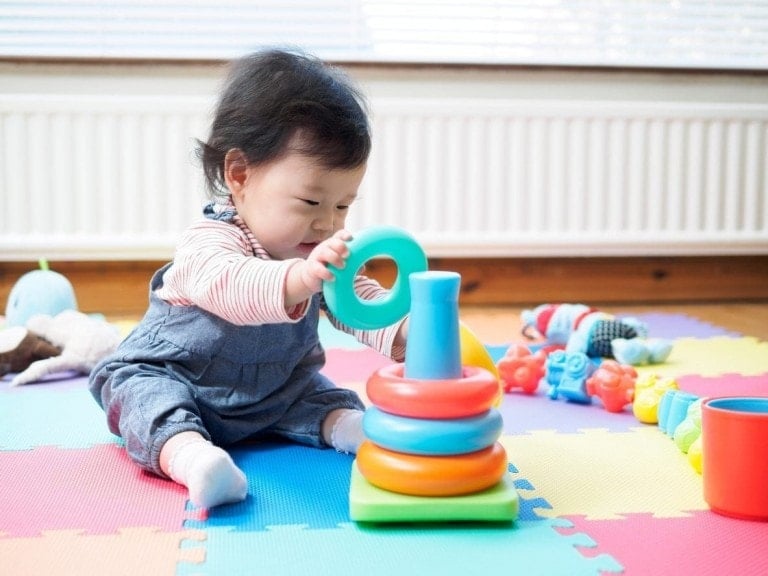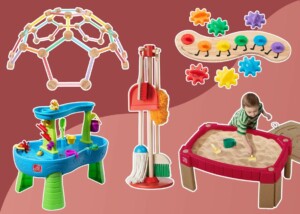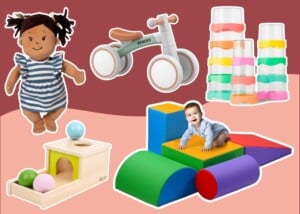One night, as you’re tucking your sweet baby in for the night, you get a little worried at the sight of some dull, brown spots on your child’s recently erupted baby teeth. You dismiss those unsightly spots as stains. You make a mental note to brush them a little harder and hope they will soon disappear into thin air. Unfortunately, the innocent-looking spots transform themselves into cavities! What in the world is happening to your baby’s teeth? This is what dentists call “nursing caries,” a form of early childhood tooth decay associated with inappropriate nursing practices.1
What Are Nursing Caries?
The American Academy of Pediatric Dentistry defines early childhood tooth decay as the presence of one or more decayed, missing, or filled tooth surfaces in any primary tooth in a child below age 6.2,3 In children younger than 3 years of age, any sign of smooth surface decay indicates severe early childhood caries.
How Do They Happen?
Babies like to feed off to sleep, either by breast or bottle. For a long time, milk remains a part of their bedtime routine. As the child falls asleep, the milk pooled around the baby’s front teeth acts as an excellent medium for bacterial growth. The bacteria break down sugars and create an acidic environment in the mouth. As salivary flow reduces during sleep, the clearance of milk from the mouth is slowed down. These changes result in a softening of enamel, leading to tooth decay. The lesions appear as dull, brown spots that quickly progress to areas of decay. As the condition is progressive in nature, it may even lead to infection in the tissues around the teeth.
How Can Nursing Caries Be Prevented?
A review of several studies published in the International Journal of Dentistry in 2011 suggests a strong correlation between early childhood tooth decay and inappropriate nursing practices.4 Nursing caries progress rapidly, and its consequences can affect the child’s immediate and long-term quality of life. Furthermore, children under the age of 5 years with a history of dental caries are also at high risk for future tooth decay.
The American Dental Association has provided some guidelines to prevent nursing caries:5
- Babies should not fall asleep to milk. Have your child finish the feed before going to bed.
- The child should start learning to drink from a cup from the age of 6 months.
- One should start brushing the child’s teeth as soon as they erupt.
- Introduce other forms of dietary carbohydrates after the eruption of teeth.
- Discontinue nursing as soon as the child can drink from a cup. The child should be completely off the bottle by 12-15 months of age.
- Discourage snacking in between meals and repetitive consumption of milk and juices.
- Plan the child’s first dental visit at 12 months of age.
Oral health means more than healthy teeth. It also influences the child’s growth and development, nutritional practices, general health, aesthetics, speech patterns, and self-esteem.



































